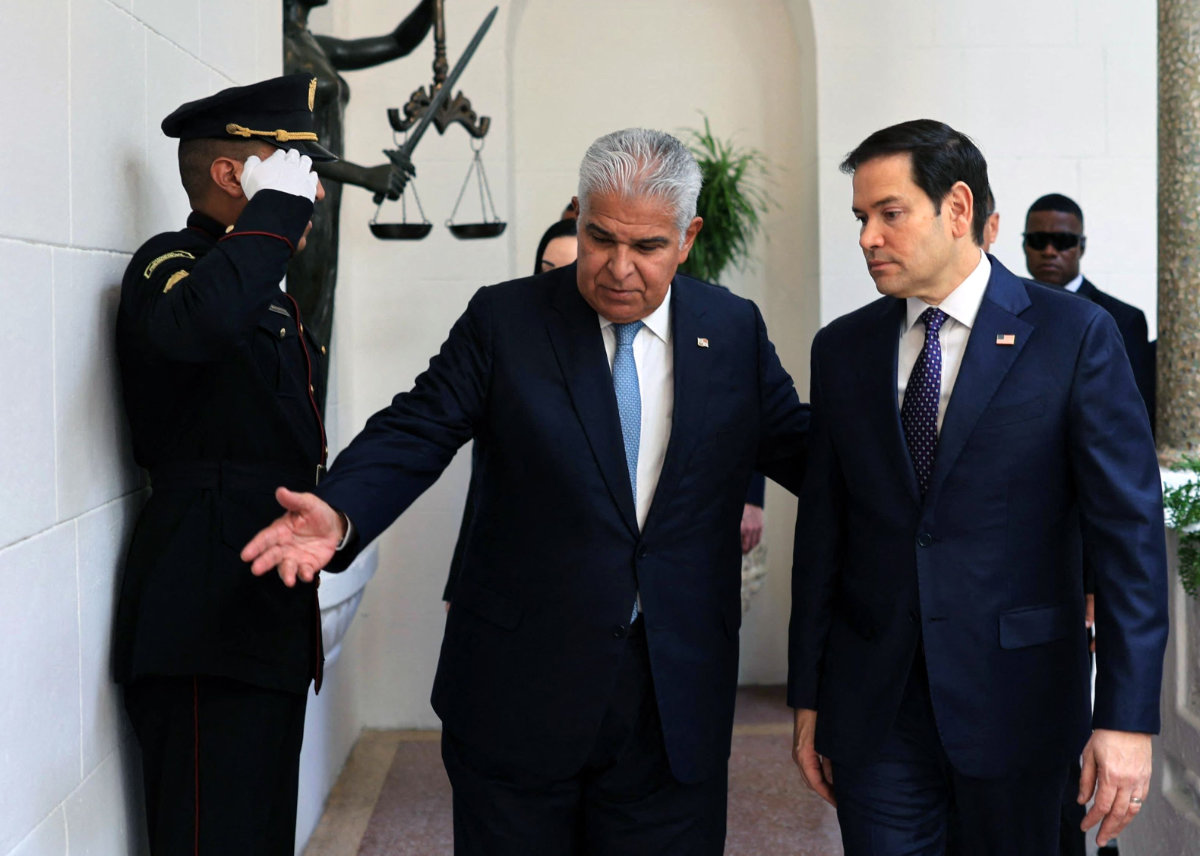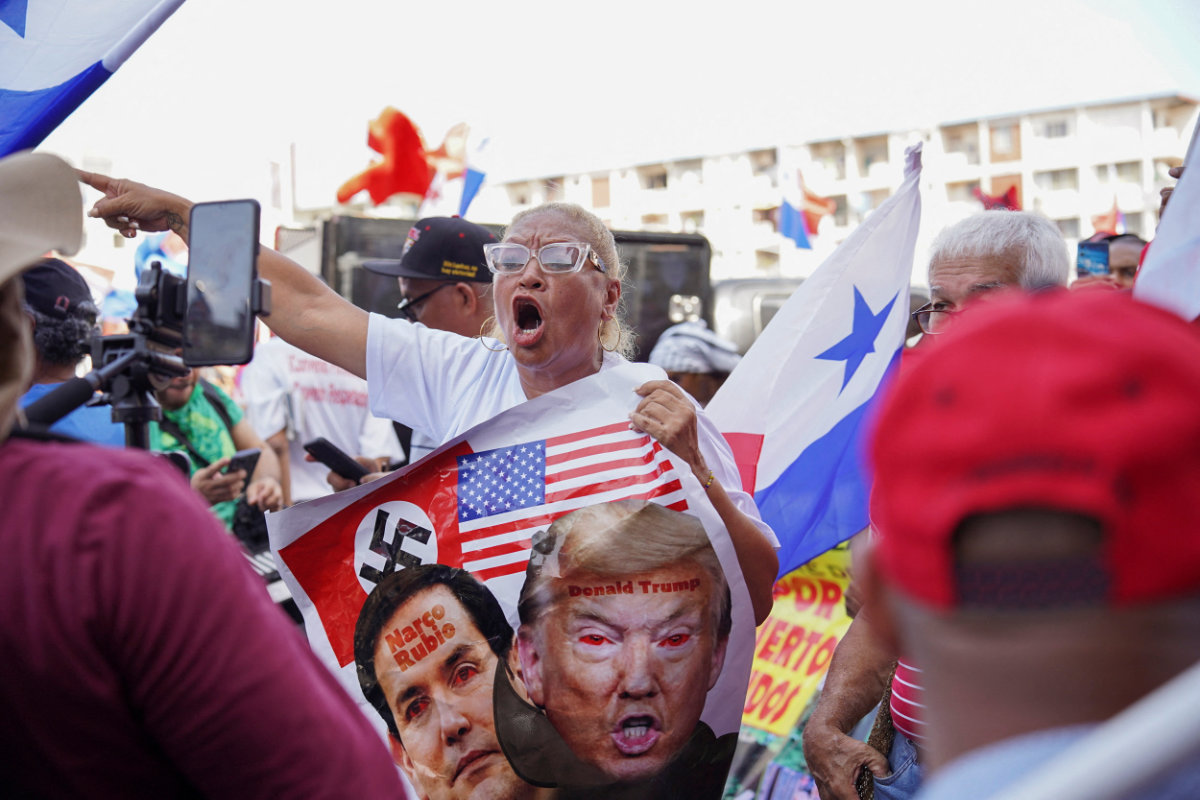GLENDALE, Arizona: Vice President Kamala Harris and her new running mate, Minnesota Gov. Tim Walz, attracted thousands of supporters to a campaign rally as the new Democratic ticket continued their tour of battleground states.
As Beyonce’s “Freedom” blasted throughout the arena, Harris walked onto the stage to cheers and roars from the crowd of more than 15,000 people.
“As exciting as this is, we cannot lose sight of a really important fact: we are definitely running as the underdog,” Harris said. “We are the underdog. We are out in great numbers, but we got a lot of work to do.”
The rally was held in a state represented by Democrat Mark Kelly in the US Senate, whom Harris passed over as a running mate. The former astronaut and gun control advocate had been a top contender for running mate. He’s won two tough races in politically divided Arizona.
In passing over Kelly, Harris may have also lost the chance to win over people like Gonzalo Leyva, a 49-year-old landscaper in Phoenix. Leyva plans to vote for former President Donald Trump, a Republican, but says he would have backed a Harris-Kelly ticket.
“I prefer Kelly like 100 times,” said Leyva, a lifelong Democrat who became an independent at the beginning of Trump’s term in office. “I don’t think he’s that extreme like the other guys.”
In Arizona, every vote will be critical. The state is no stranger to nail-biter races, including in 2020 when President Joe Biden bested Trump by fewer than 11,000 votes. Both parties are bracing for a similar photo finish this year.
“These last few months are going to feel like years, and it is tough to see anyone winning by a large margin,” said Constantine Querard, a veteran Republican strategist in the state.
Harris acknowledged how tough the race will be, as she and Walz toured a campaign office in North Phoenix Friday afternoon and thanked volunteers, who were making signs with sayings such as “This Mamala is Voting for Kamala” and “Kamala and the Coach.” (Walz has been a high school football coach).
“It’s gonna be a lot of work,” Harris told volunteers of winning in November.
Democrats profess confidence that Harris is in solid shape in the state even without Kelly on the ticket. The senator is expected to remain a strong advocate for Harris and is already mentioned for possible Cabinet posts or other prominent roles should the vice president ascend to the Oval Office. Kelly is expected to attend the Arizona rally.
“Not picking Kelly hasn’t put the brakes on support for Harris,” said Stacy Pearson, a Democratic strategist in Phoenix. She said she feels the same enthusiasm for the new ticket that has led to giant crowds greeting Harris and Walz at prior stops on their tour, including the home of another running mate also-ran, Pennsylvania Gov. Josh Shapiro.
Another Democratic strategist in Arizona, D.J. Quinlan, agreed. “There’s a ton of enthusiasm on the ground. It’s the closest thing to me to what 2008 felt like,” he said, referring to former President Barack Obama’s first run, which electrified Democratic voters.
Arizona is something of a magnet for Midwesterners seeking to escape the cold. So, several observers say, Walz may still play well there. Scott Snyder, who moved to Phoenix three years ago from Detroit, wasn’t too familiar with Kelly’s background or his politics, but said Harris made the right choice with Walz.
“He reminds me a lot of my dad,” said Snyder, an electrician. “You see pictures of him out there coaching high school football. That’s something that resonates with me. You see him out there duck hunting. Same thing. That’s fairly common in Michigan, where I’m from.”
Arizona was reliably Republican until Trump’s combative approach to politics went national.
In 2016, Trump won Arizona, then quickly started feuding with the late Republican Sen. John McCain, a political icon in the state. That sparked a steady exodus of educated, moderate Republicans from the GOP and toward Democrats in top-of-the-ticket contests.
In 2018, Democrats won an open Senate race in the state, foreshadowing Kelly’s 2020 win and Biden’s victory there as well. In 2022, Kelly won again, and Democrats swept the top three statewide races for governor, attorney general and secretary of state, defeating Republican candidates who hewed to Trump’s style and his lies about fraud costing him the 2020 presidential election.
Chuck Coughlin, a Republican strategist and former McCain staffer, said the same voters who tipped the state to Democrats in the past few cycles remain lukewarm, at best, on Trump.
“Trump’s not doing anything to embrace that segment of the electorate,” he said.
The campaign is already being fought over familiar turf in Arizona — its border with Mexico. Trump and his allies have been hammering Biden over the influx of migrants during his term and are shifting their attacks to Harris.
“It’s very easy for us to segue and switch our sights and focus on her,” said Dave Smith, Pima County’s Republican party chairman.
Kari Lake, who is running against Democratic Rep. Ruben Gallego for an open Senate seat in Arizona, unveiled an ad late last week bashing Gallego for supporting what the ad calls Biden and Harris’ “radical border agenda,” featuring repeated clips of the vice president chortling.
On Thursday, Lake argued to reporters that Harris is less popular in Arizona than Biden. “They like Kamala Harris even less,” Lake said. “They understand that she hasn’t done anything on the border.”
Meanwhile, Harris is targeting the state’s fast-growing Latino population with her own ad highlighting how Harris, the daughter of immigrants from India and Jamaica, rose to the highest echelons of American politics.
Harris’ background and comparative youth have put Arizona and other Sun Belt states back in play in a presidential race that had been narrowing to the trio of “blue wall” swing states, Michigan, Pennsylvania and Wisconsin.
Though it has a robust younger population, Arizona is also known for its vast swaths of retirement communities. Pearson contended that Biden’s age, 81, put him at a disadvantage in the state.
“Fellow retirees were the first to say this is not OK,” Pearson said of Biden’s age. “I’m so much more optimistic with Harris and Walz at the top of the ticket.”































